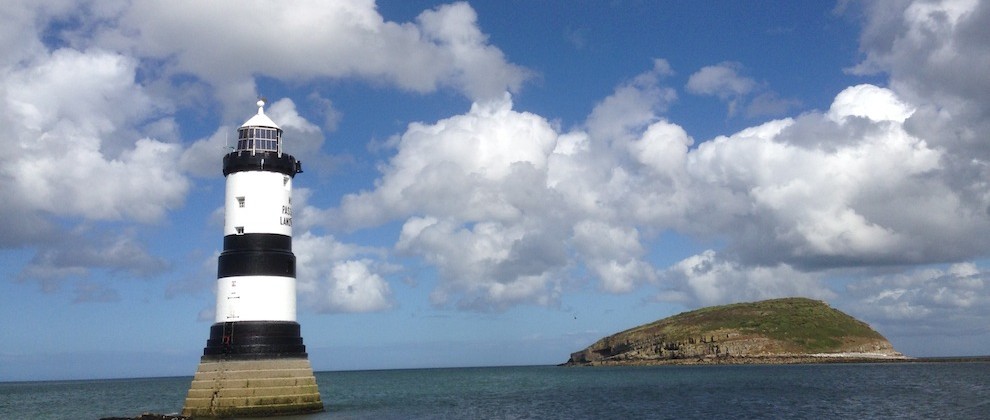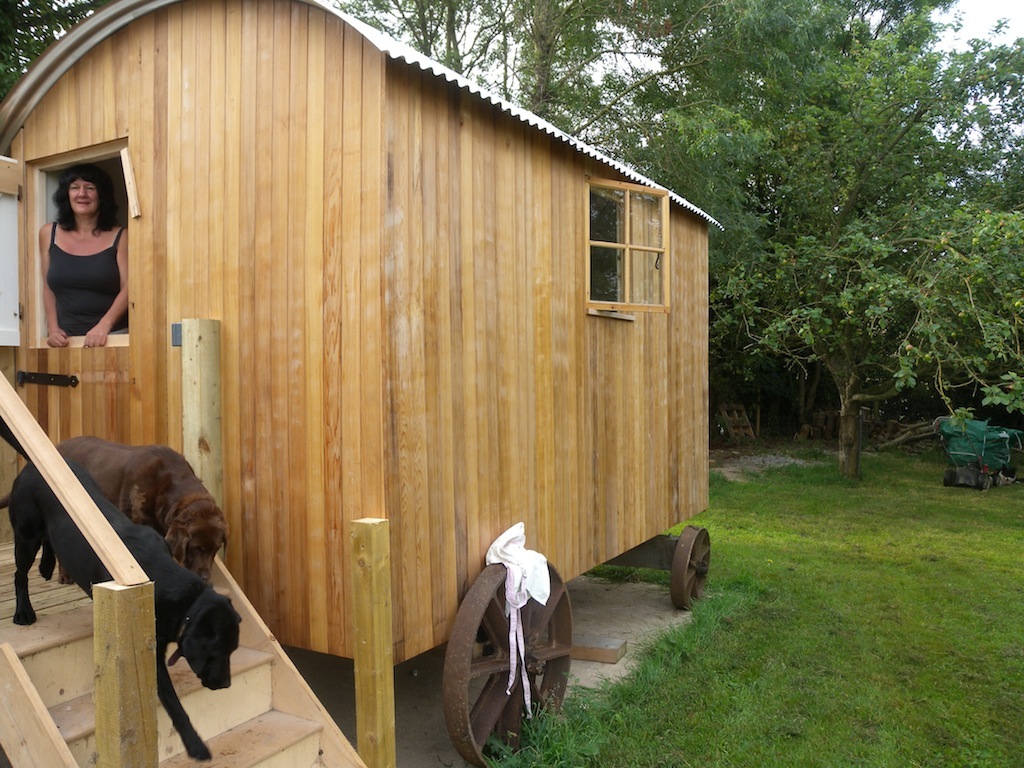It’s been a good summer for Alain de Botton’s accountant.
The man behind the spreadsheets must have been rubbing his hands with glee after a procession of newspapers ran articles penned by the PR-friendly philosopher.
In them, his central hypothesis was that we need to be challenged by our holidays. Time away should, he mused chin strokingly, take us beyond our comfort zones.
He wrote in the Daily Telegraph:
“The point of travel shouldn’t be constant bliss; it should be an encounter with interesting new disturbances of the soul.”
Mr. de Botton is, of course, talking out of his de Botton.
I’m just back from an escape to the island of Anglesey in North Wales. I arrived exhausted and in need of a retreat with just a few home comforts and some soul-salving company.
I hadn’t come to be challenged.
I didn’t cruise down the A55 to push myself to new limits of tolerance and personal discomfort. After the trials and tribulations of recent times, I was there simply for some peace and quiet.
But relaxing wasn’t easy.
The thing about escaping the daily grind is that you don’t put down your worries like the bags in the entrance hall of the holiday cottage. You can’t pack them up neatly away in the sock drawer of a strange cupboard.
You carry them with you and turn them over in your mind on the first night in a new bed, chipping away at them slowly over the ensuing days as an act of reckoning. That’s challenge enough.
Slowly I started to find my peace.
It drifted by on the breeze as I sat in the back garden of the cottage eating breakfast. It swirled around me like ancient spirits amid the ruined cloisters of Penmon Priory. And it pursued me down 500 slippery-stone steps as I ventured out to South Stack on a blistery afternoon.
It light up the sky on a cottonwool-cloud lunchtime over Puffin Island [pictured above].
Call me cynical. The coverage de Botton garnered over summer was, it could be said, a thinly veiled promotional push for the repackaging of his 2002 book as The New Art of Travel.
I read the original and admired it greatly.
In particular I was drawn to the section in which he discussed how, on a luxury trip Barbados, he realises that he had “… inadvertently brought myself with me to the island”.
To me, it seems a shame to sully the thought-provoking original work with a rehashed follow-up and a few headline-grabbing soundbites during silly season.
I came to Anglesey nursing my own challenges. But I didn’t need some cash-in claptrap to help me find my own peace.
So apologies to the man with the profit and loss ledgers.
But, when it comes to PR guff dressed up as philosophy-based travel advice, I’m simply not buying.
Gazetteer
Telegraph: Why holidays shouldn’t be relaxing
Visit Wales: Anglesey holidays
Liked this? Try also Walking with the druids on Anglesey

